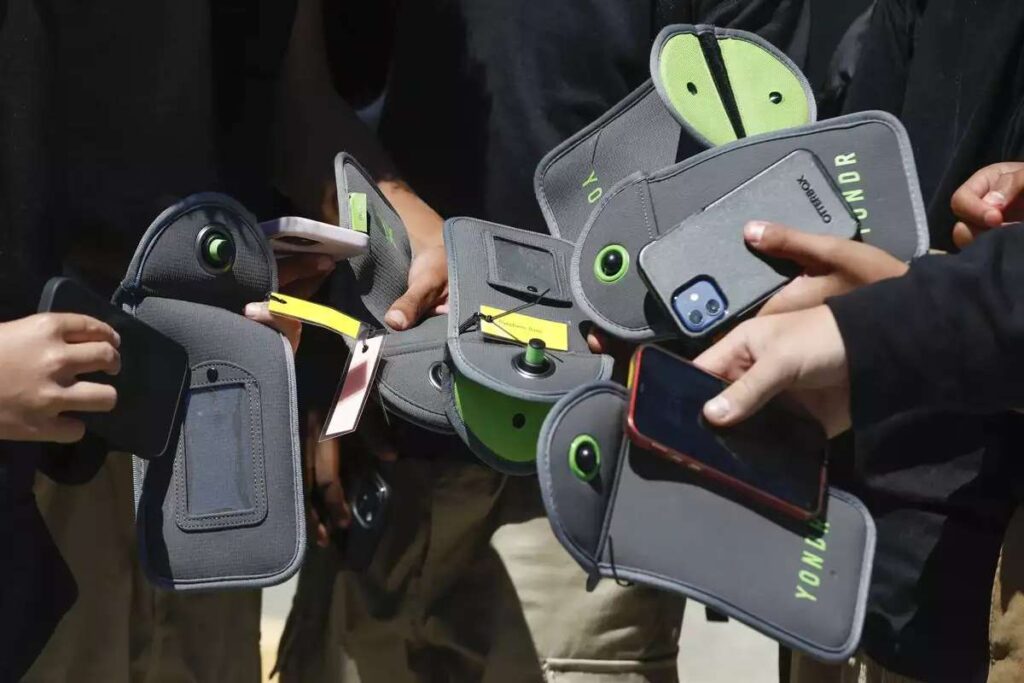Officials Address Timing of Proposed Policies
Top New York State Education Department have voiced concerns about the overlapping impact of a proposed statewide cellphone ban in schools and heightened immigration enforcement measures. At a Brooklyn town hall on Thursday, State Education Department Commissioner Betty Rosa and Board of Regents Chancellor Lester Young discussed the emotional toll these changes could have on students, particularly those from undocumented families.
“My biggest concern is the timing,” Rosa said after the event at City Tech. Highlighting the potential trauma faced by children, she emphasized the role of cell phones as vital connections between students and their families, especially amidst rising anxiety about deportation. “Our children are going through trauma… When some of those kids are going to go home, are their parents going to be there?”
The discussion comes as Gov. Kathy Hochul announced a plan to restrict cellphone use on school grounds from “bell to bell.” If implemented, students would lose access to their phones even during lunch and free periods. The policy, which aims to curb classroom distractions and improve mental health, will require approval from the state legislature, where it has already garnered significant support.
Deportation Policies Add to Anxiety
At the same time, the federal government’s immigration policies are further complicating the situation for schools. President Trump’s executive orders, which include measures like potentially revoking birthright citizenship, have heightened fear among immigrant families. Though a federal judge temporarily blocked one of these orders on Thursday, the overall uncertainty has created a tense environment.
“There is a level of hysteria warranted around some of the federal requirements,” Chancellor Young said during the town hall. “The health, welfare, and safety of children should rule the day.” He noted that students have expressed fears about coming home to find their families gone, adding to the emotional challenges schools must address.
Young and Rosa both acknowledged the complex interplay of federal and state policies and emphasized that these factors place additional stress on schools. The need for effective communication and flexibility in policy implementation was a recurring theme in their remarks.
Flexibility in Implementation
Commissioner Rosa revealed that the State Education Department was not involved in shaping Gov. Hochul’s cellphone plan but appreciated that local districts would have discretion in its rollout. District leaders will be tasked with creating their own policies and can seek reimbursement from a $13.5 million state fund.
Rosa also stressed the importance of considering student input when developing cellphone policies. “Children need to learn when to put devices away on their own,” she said, emphasizing that the policy should balance discipline with understanding. While Rosa expressed misgivings about the ban’s timing, she clarified that these concerns do not reflect outright opposition to the governor’s proposal.
Reflecting on the broader context of the current climate, Rosa said, “Kids are scared, parents are scared, [and] kids are not coming to school in some cases because of fear.” For students who do attend, having a connection to their families, even through a cell phone, remains a critical lifeline.

